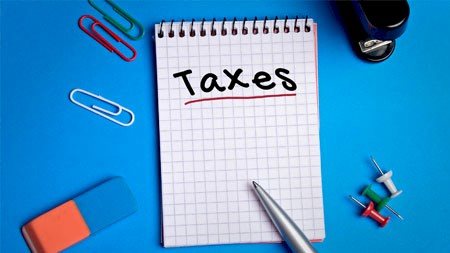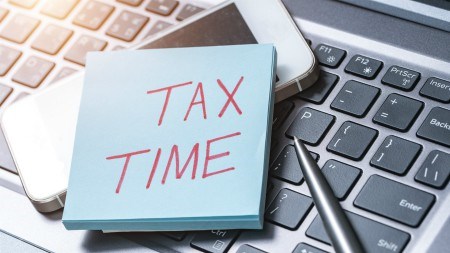The tax season is a time to reflect on the financial year and to start planning on how best to focus on your financial growth. By having your income submitted to SARS you could generate a positive cash flow. For you to benefit from tax deductions, the ideal investment would be in property. It is known that to have a successful property portfolio to increase your net worth is possibly the best investment you could consider.
The positive benefit to you by purchasing property with the idea of generating a rental income, will not only cover your bond, but also allow you to claim for certain expenses you may incur with this rental property.
You are encouraged to consult a tax advisor to ensure your specific situation is given the correct legal guidance.
According to Johan Swart, tax manager at Legal & Tax, SARS should allow the following deductions against the rental income received:
If your property is bonded, the portion of interest paid on the dwelling, in relation to the property.
You can claim depreciation on the furniture and appliances, but it is a minimal 15% per annum, at the depreciated value.
Renovation costs are not as straightforward. If the renovations were improvements, for example new cupboards and tiles were fitted to a kitchen, it would not be tax deductable against rental income received, but would be capital in nature. Record of these costs must then be kept to be taken into account against any capital gain, should the property be sold. If the renovations were new paint, replacement of old carpets etc, it would be maintenance and repairs, and would be deductible against the rental income received.
Summary
Rental income is taxed at specific rates and those expenses actually incurred, that can be deducted from SARS, would be:
Levies
Rates & Taxes
Interest payments on bond
Insurance premiums
Agent's commission
Repairs and maintenance costs
Collector's income
Bank charges
All income must be declared to SARS, therefore the total rental you receive must be included on your annual tax return. If SARS finds out about additional income, by means other than a declaration by the taxpayer, it will lead to additional penalties over and above the normal tax payable.
ABSA promotes their Buy-to-Let Home Loan by stating that with Absa as your property investment partner, you will enjoy access to a customisable Buy-to-Let Home Loan that can be tailored to suit your specific investment needs, together with competitive interest rate options and flexible repayment terms.
Available to non-South African residents as well, the Absa Buy-to-Let Home Loan can be registered in the name of legal entities, such as companies and trusts, as well as individuals. There is no need for a proven rental on new property, the rental income will be deemed to be 1% of the property value or purchase price.
Why a Buy-to-Let Home Loan could be the right choice for you:
Want to acquire residential property with a view to rent it out
Would like to use all or part of the rental income to cover your monthly repayments
Would like discounts on attorney conveyancing costs
Would like a choice of repayment terms of up to 30 years (with the option of reverting to 20 years at any time)
Fixed or variable interest rate options
As cautioned by Craig Hutchison, CEO of Engel & Völkers Southern Africa, before buying your second home ensure you are assured of maximising your money's potential. Be clear on what your objective and budget is, understand there is a risk, and be involved with the management of the whole rental process. Nobody else will look after your money as you do.
It is thus advisable, he continued, to work through an established truly international real estate company such as Engel & Völkers, as we are able to provide you with numerous property choices to suit your requirements. You can then enjoy a future with an enviable property portfolio.





